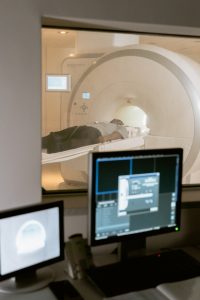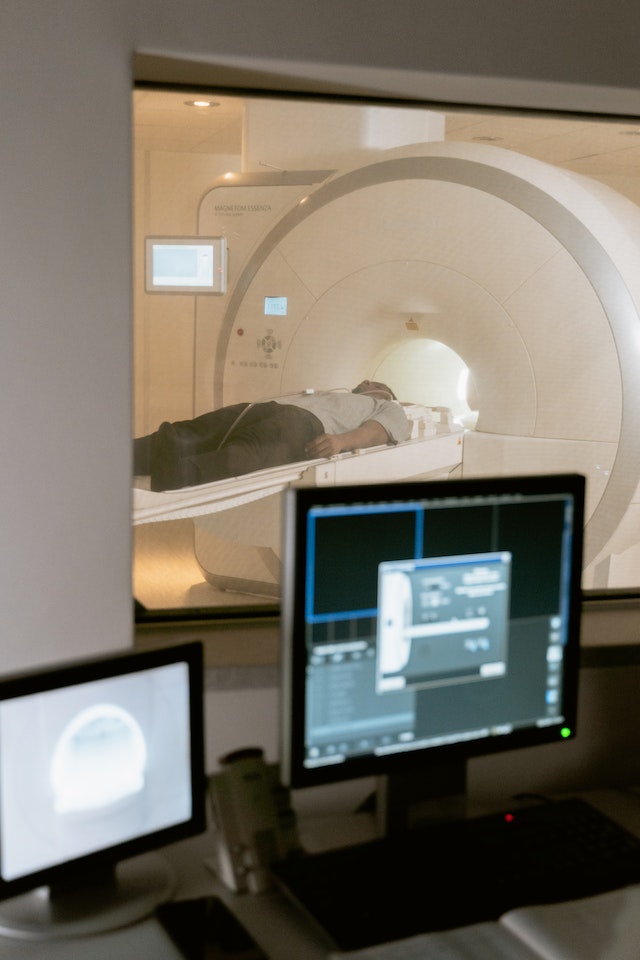Introduction: Why a successful clinical assessment matters
A successful clinical assessment sets the foundation for accurate diagnosis, effective treatment planning, and optimal patient care. It includes looking at all the information about the patient’s health, like their past medical history, symptoms, and doing a physical examination. In this article, we will expose the mysteries of a successful clinical assessment by discussing the crucial elements that lead to its achievement.
Effective Evaluation: Key Factors for a Successful Clinical Assessment
A successful clinical assessment starts with effective evaluation techniques. This involves gathering comprehensive patient information, including medical history, chief complaints, and pertinent details. Active listening, relevant questioning, and appropriate assessment tools are necessary for a successful evaluation.
Furthermore, thoroughly reviewing the patient’s medical records, diagnostic tests, and previous treatment records offers healthcare professionals a complete understanding of the patient’s health situation. By bringing together all the available information, healthcare providers can choose wisely and offer personalized care.

Communication: Making patient interaction better in clinical assessments.
Effective communication is vital in a successful clinical assessment. Healthcare providers should establish a bond with patients, create a pleasant setting, and encourage honest communication. Active listening, empathy, and clear explanations help patients feel valued and understood.
Another important aspect of effective communication is using visual aids when needed. This can help patients better understand the information being presented. Good communication helps healthcare professionals involve patients in their healthcare.
Thorough Examination: Locating Unseen Indications for a Reliable Diagnosis
A successful clinical evaluation relies on the doctor doing an in-depth examination of the person’s body. It entails methodically assessing different body systems, administering suitable tests, and conducting focused examinations in response to the patient’s presenting issues.
Healthcare professionals can find secret clues that can help with the right diagnosis by using the correct examination methods. This means checking your body using different techniques, like touching and listening. Thorough examination aids in identifying physical signs, abnormalities, or subtle findings that may not be apparent during initial evaluation.
Optimal Patient Care: The result of a productive medical examination
A successful clinical assessment ultimately leads to optimal patient care. Healthcare professionals can accurately diagnose illnesses and develop personalized treatment plans by using effective evaluation, communication, and thorough examination. They can also provide the right interventions.
A clinical assessment that goes well allows healthcare providers to identify any underlying health issues and catch the early warning signs of disease. The assessment information helps decide what to do next, like taking medicine, changing how you live, getting help from other doctors or doing more tests.
Conclusion
A successful clinical assessment is crucial for providing optimal patient care. By prioritizing effective evaluation, communication,and thorough examination,Fhealthcare professionals can uncover crucial details,Fbuild a strong relationship with their patients,and make precise diagnoses. A successful clinical assessment has secret factors that help patients get better. Healthcare professionals who embrace these essential factors can raise the standard of care they deliver and ensure their patients achieve optimal outcomes.










